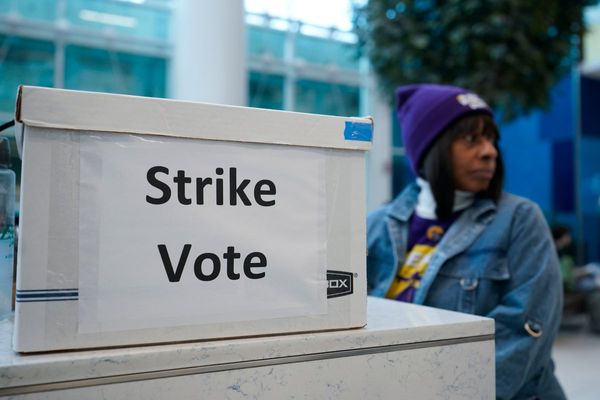
Netflix’s - (NFLX) -) sports strategy has been a polarizing topic in the media industry as the streamer has largely strayed away from live sports while competitors like Amazon and Apple have invested heavily.
At Netflix’s Q2 earnings call on Wednesday, July 19, CEO Ted Sarandos reiterated that the company will be sticking to “sports-adjacent programming” rather than delving into live sports.
“Our position in live sports remains unchanged,” Sarandos said.
DON’T MISS: Netflix Stock Slides As Muted Forecasts Offsets Blowout Q2 Subscriber Gains
Netflix has had success with its docuseries format, most notably with “Formula 1: Drive to Survive.” The series helped push the global popularity of the motorsport league, including in the United States where it has added two additional races over the last two years.
The “Drive to Survive” model is one that many leagues are attempting to copy also because of its ability to attract younger fans to the sport. Netflix has continued to invest in similar docuseries like “Full Swing” for the PGA Tour, “Break Point” for the ATP and WTA Tour, and most recently, “Quarterback” for the NFL.
“We can offer this wide variety of sports programming for sports fans that’s in-season year round, and it really leans on our strengths which are storytelling,” Sarandos said.
While Netflix has yet to get into live sports streaming, it will try its hand at an “experimental” live stream in November. The company is planning to stream a celebrity golf competition that will feature athletes that were featured in “Formula 1: Drive to Survive” and “Full Swing.”
“It serves as a promotional vehicle for our sports brands,” Sarandos said.
More Sports Media Business:
- Netflix Drops Trailer on NFL Docuseries as More Sports Leagues Look to Emulate F1's Success
- How Amazon, Apple and Google Could Benefit From the NBA's New Tournament
- Netflix Might Try This Important Move to Compete With Amazon, Apple
Netflix reportedly bid on the media rights deal for Formula 1 last year, but lost out to Disney and ESPN. There’s been speculation that it would target more live sports properties, but it has not done so while competitors like Amazon have invested deeper in broadcast rights for major leagues like the NFL.







